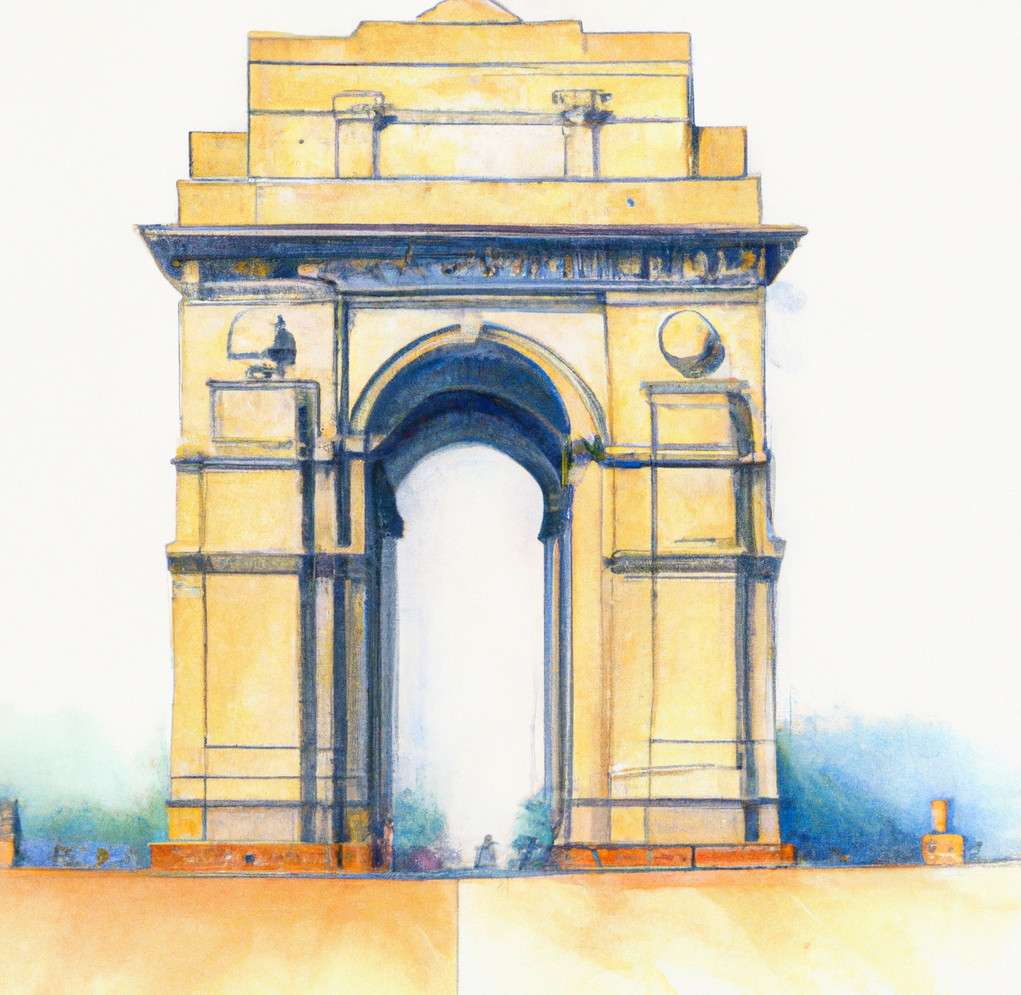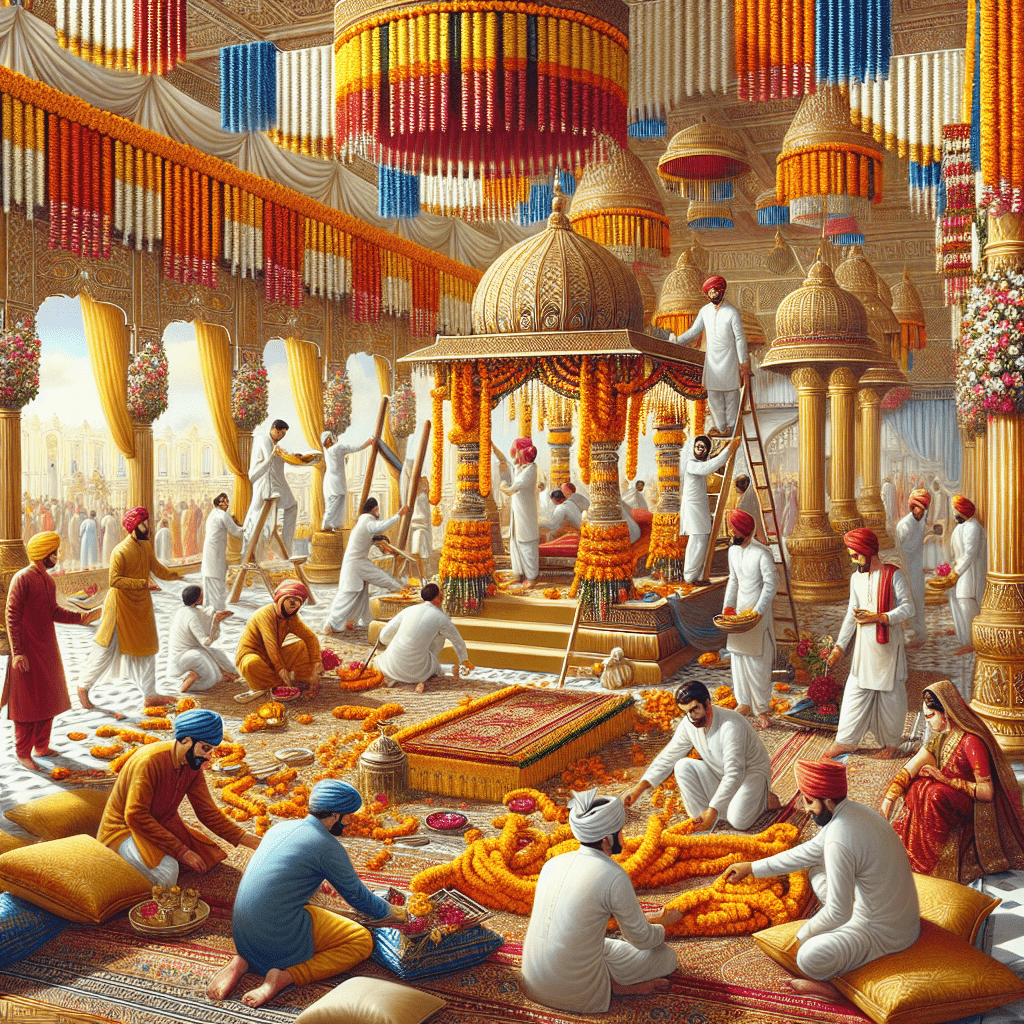Indian weddings are known for their grandeur, vibrant colors, and rich cultural traditions. Every aspect of these weddings holds immense importance, and one such crucial aspect is wedding decorations. In Indian culture, wedding decorations play a significant role in creating a beautiful and enchanting ambiance for the auspicious occasion. Indian wedding decorators are professionals who specialize in bringing the couple’s vision to life and creating stunning setups that leave a lasting impression on the guests.
Introduction to Indian Weddings and Importance of Wedding Decorators
Overview of Indian wedding traditions and customs: Indian weddings are a blend of various customs and traditions that vary based on region, religion, and community. From pre-wedding rituals to the main ceremony and post-wedding celebrations, each event is meticulously planned and executed to honor the couple and their families.
Significance of wedding decorations in Indian culture: In Indian culture, wedding decorations are considered an integral part of the overall celebration. They symbolize prosperity, joy, and love. The vibrant colors, intricate designs, and lavish setups create a visually stunning atmosphere that reflects the grandeur and opulence associated with Indian weddings.
Introduction to Indian wedding decorators and their role: Indian wedding decorators are professionals who specialize in designing and executing the decor for weddings. They work closely with the couple and their families to understand their preferences, theme, and vision for the wedding. Their role is to bring these ideas to life and create a visually captivating environment that complements the overall theme and ambiance of the wedding.
Understanding Indian Wedding Decorators
A. Definition and purpose of wedding decorators: Wedding decorators are individuals or companies responsible for transforming a wedding venue into a visually appealing space that aligns with the couple’s vision. They have the expertise to create unique and customized setups that reflect the couple’s personality and style.
B. Different types of wedding decorators in India: In India, there are two main types of wedding decorators – traditional decorators and contemporary decorators. Traditional decorators specialize in creating setups that adhere to the cultural and religious traditions of the couple, while contemporary decorators focus on modern and innovative designs.
C. Skills and expertise required for Indian wedding decorators: Indian wedding decorators need to have a deep understanding of Indian customs, traditions, and cultural nuances. They should have excellent artistic skills, creativity, and an eye for detail. Strong project management and organizational skills are also crucial for effectively coordinating the various aspects of wedding decor.
D. Importance of hiring professional wedding decorators: Hiring professional wedding decorators ensures a seamless and visually stunning wedding experience. They have the necessary knowledge, experience, and resources to handle all aspects of wedding decor, including venue selection, theme customization, prop selection, lighting design, and flower arrangements.
Services Provided by Indian Wedding Decorators
A. Venue selection and layout planning: Wedding decorators assist in selecting the perfect venue for the wedding and plan the layout to optimize the space and create a flow that enhances the overall experience for the guests.
B. Theme selection and customization: Indian wedding decorators help couples choose a theme that represents their style and personality. They then customize the decor elements, color palette, and props to align with the chosen theme.
C. Decorative elements and props: Traditional Indian wedding decorations include intricate rangoli designs, ornate mandaps, vibrant drapes, and traditional elements like diyas and bells. Contemporary decorators incorporate modern props such as LED lights, crystal chandeliers, and unique installations.
D. Lighting and ambiance creation: Lighting plays a crucial role in setting the mood and creating the desired ambiance for an Indian wedding. Decorators use a combination of natural and artificial lighting techniques to enhance the beauty of the venue and create a magical atmosphere.
E. Floral arrangements and stage decorations: Flowers hold immense significance in Indian weddings. Wedding decorators create stunning floral arrangements, including elaborate centerpieces, garlands, and bouquets. They also design captivating stage setups that serve as the focal point of the wedding.
F. Mandap and altar setup: The mandap is the sacred space where the wedding ceremony takes place. Wedding decorators design and set up the mandap, incorporating traditional elements like flowers, fabrics, and sacred symbols to create a divine atmosphere.
Factors to Consider While Choosing Indian Wedding Decorators
A. Experience and portfolio of previous work: It is essential to review the wedding decorators’ portfolio and assess their experience in handling weddings of similar scale and style.
B. Client testimonials and reviews: Reading reviews and testimonials from previous clients can give insights into the decorators’ professionalism, attention to detail, and ability to deliver on their promises.
C. Budget considerations: Discussing the budget with wedding decorators is crucial to ensure that their services align with the allocated budget. They should be transparent about their pricing and any additional costs.
D. Availability and responsiveness: Wedding decorators should be available for consultations and be responsive to queries. Timely communication is essential for a smooth planning process.
E. Flexibility and customization options: Understanding the decorators’ flexibility in accommodating specific requests and customization options is vital to ensure that the couple’s vision is brought to life.
Popular Indian Wedding Decorators and their Work
A. Profiles of renowned Indian wedding decorators: There are several highly regarded wedding decorators in India, including those based in Delhi, Mumbai, Jaipur, and other major cities. Each decorator has their unique style and approach to wedding decor.
B. Showcase of their best work and unique design ideas: Renowned Indian wedding decorators often showcase their best work through photographs and videos. These examples highlight their creativity and innovative design ideas, such as extravagant floral installations, grand entrance decorations, and themed wedding setups.
Tips for DIY Indian Wedding Decorations
A. Budget-friendly decor ideas: DIY decorations can be cost-effective. Ideas like using candles, fairy lights, and handcrafted items can add a personal touch without breaking the bank.
B. Creative use of recycled materials: Upcycling materials like glass bottles, old fabrics, and discarded furniture can create unique decor elements that are eco-friendly and budget-friendly.
C. DIY decorative elements and props: Creating handmade decor elements like paper flowers, origami, and personalized signage can add a personal touch to the wedding decor.
D. Personalization and customization options: DIY decorations allow for complete customization and personalization. Couples can incorporate elements that hold sentimental value or reflect their shared interests.
Conclusion
A. Recap of the importance of Indian wedding decorators: Indian wedding decorators play a vital role in creating a visually stunning and culturally rich experience for couples and their guests. Their expertise and creativity contribute to the overall success of the wedding.
B. Final thoughts on the role of wedding decorations in enhancing the overall wedding experience: Wedding decorations are not merely ornamental; they set the stage for a memorable and immersive experience. The ambiance created by the decor sets the tone for the entire celebration.
C. Encouragement for readers to explore and appreciate the artistry of Indian wedding decorators: Indian wedding decorators are artists who bring dreams to life. Appreciating their talent and craftsmanship can deepen our understanding and appreciation of Indian culture and traditions.

